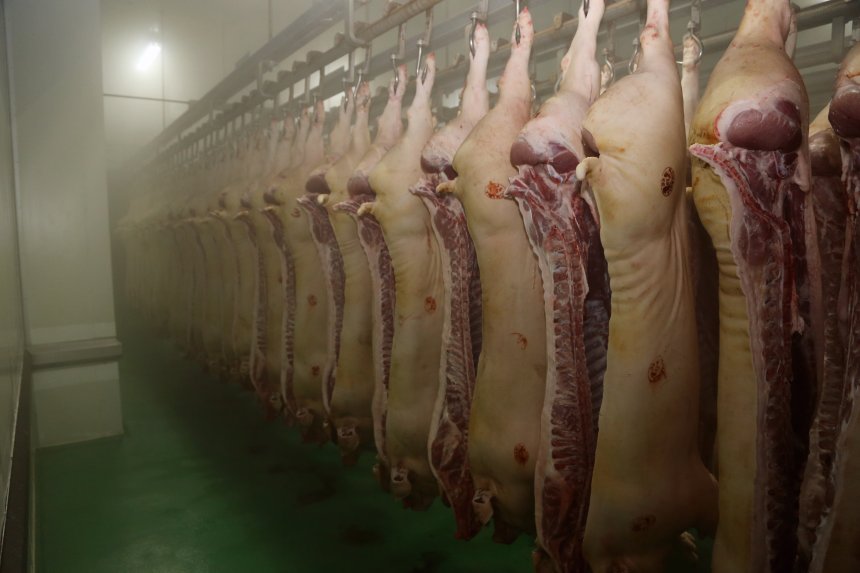
Over half of small and local abattoirs expect to close within the next five years if action is not taken to safeguard their future, new research shows.
The National Craft Butchers (NCB) surveyed small and local abattoirs throughout England, Scotland, and Wales from March to May this year.
It highlighted the importance of the local abattoir network to farmers and the challenges it currently faces, including increased regulation, lack of training and loss of income.
Of the abattoirs surveyed, 70 percent of owners are aged over 51, with 11 percent over the age of 66, highlighting the sector's aging workforce.
Over half (59 percent) expect to close the business within the next 5 years if action is not taken, and 56% do not have a succession plan or someone to take over the business.
Increases in one size fits all regulation, loss of income through hides and skins and lack of education in the meat industry as a skilled and attractive career choice is leading to a 'cliff edge', the NCB said.
All respondents to the survey offer private kill and cutting and packing services. Without these, many small and rare breed farmers would be unable to get produce to their customers.
The local and small abattoirs are multi species abattoirs able to provide a kill service for multiple species for the same customer, the NCB explained.
They are also local businesses providing valuable skilled careers for their employees, on average they provide four jobs for community per abattoir, it added.
The group said: "We need the government to acknowledge the important role of small abattoirs, to ensure urgent regulatory reviews are prioritised, to invest in the sector and safeguard it for the future.
"We believe this should include schemes to attract new generations into the abattoir sector and meat industry as a whole, but we also need to ensure small businesses are not regulated out of existence."
It follows analysis undertaken by the Sustainable Food Trust which found that the number of small abattoirs has reduced by a third over the previous decade.
Patrick Holden, chief executive of the Sustainable Food Trust, said the sale of locally-produced meat helped to keep family farmers in business and had "huge benefits" for consumers and the environment.
Christopher Price, CEO of the Rare Breeds Survival Trust, reiterated the crucial importance of small abattoirs for farmers keeping rare breeds and all farmers selling meat locally.
He said: “Without a local abattoir we simply cannot get our animals slaughtered and without that we have no market for them.
“We have lots of willing farmers who want to keep native breeds and lots of willing consumers who want to buy or eat native breeds.
“But we need the infrastructure and services that allow us to kill and process them.”
